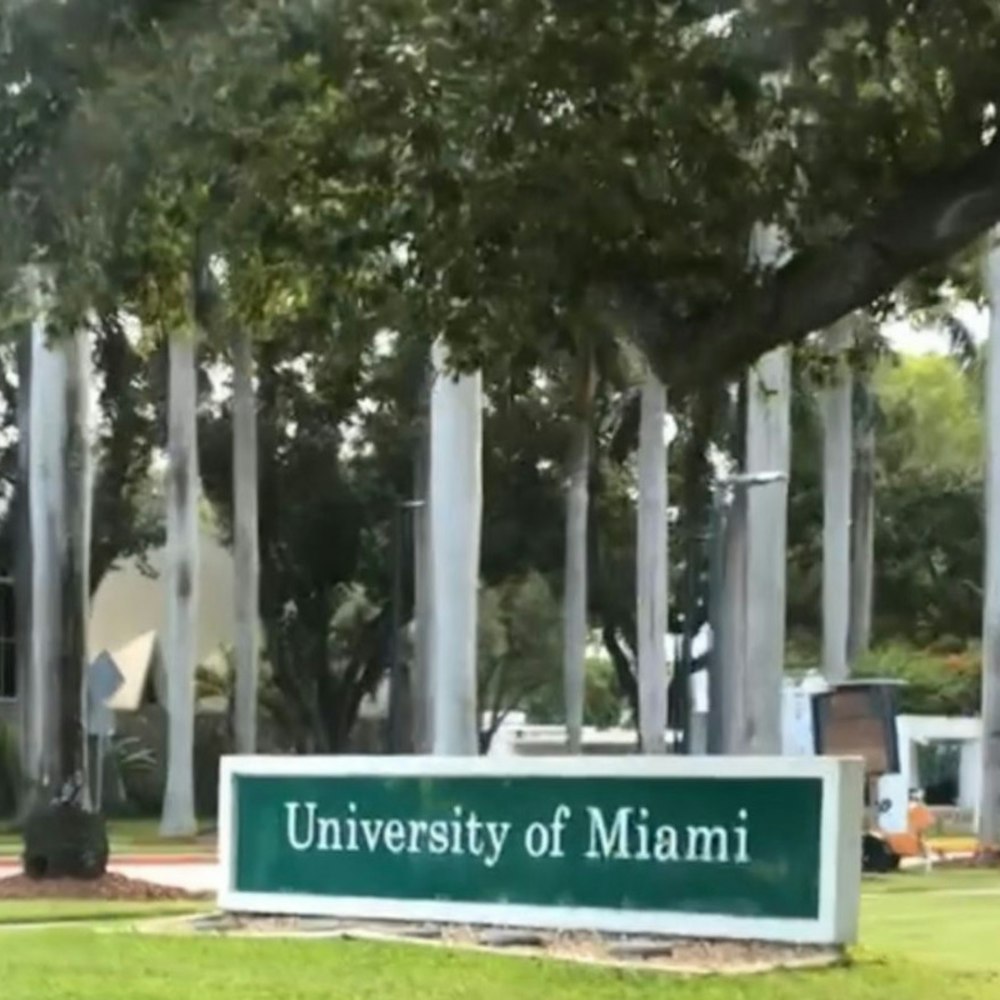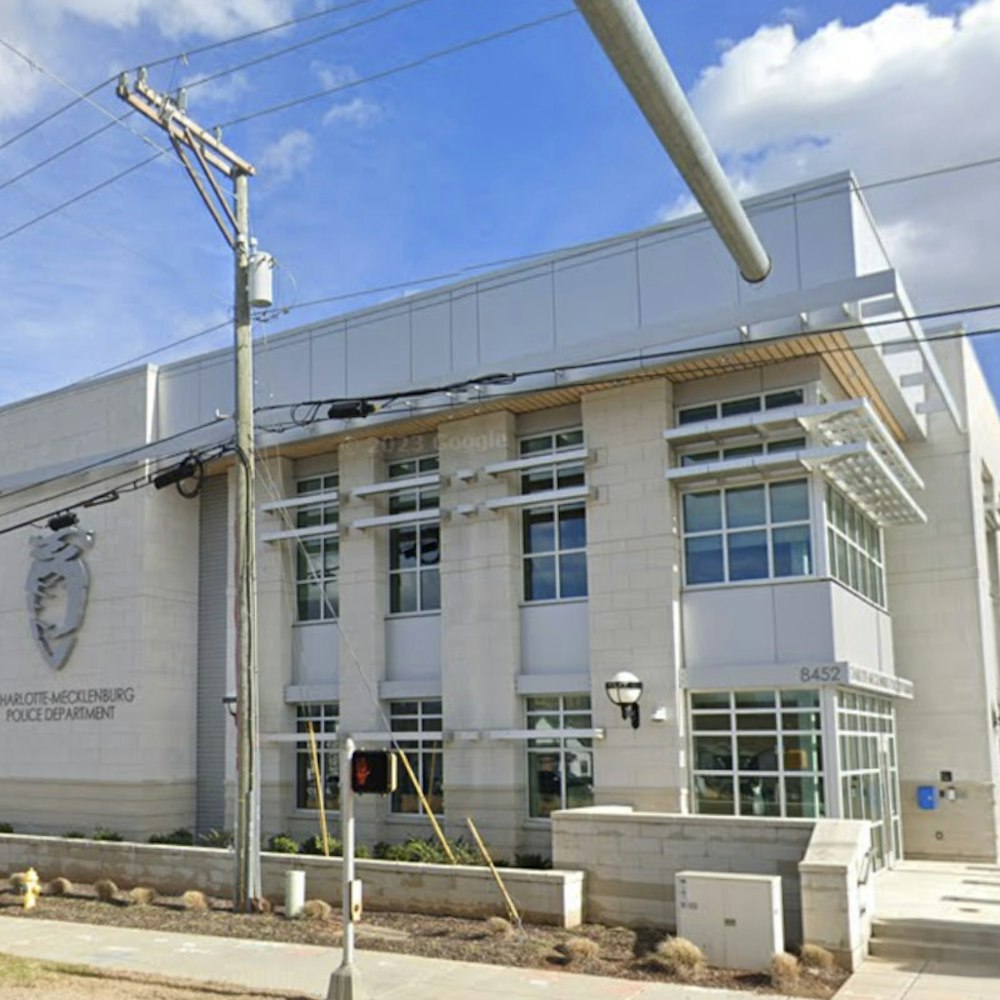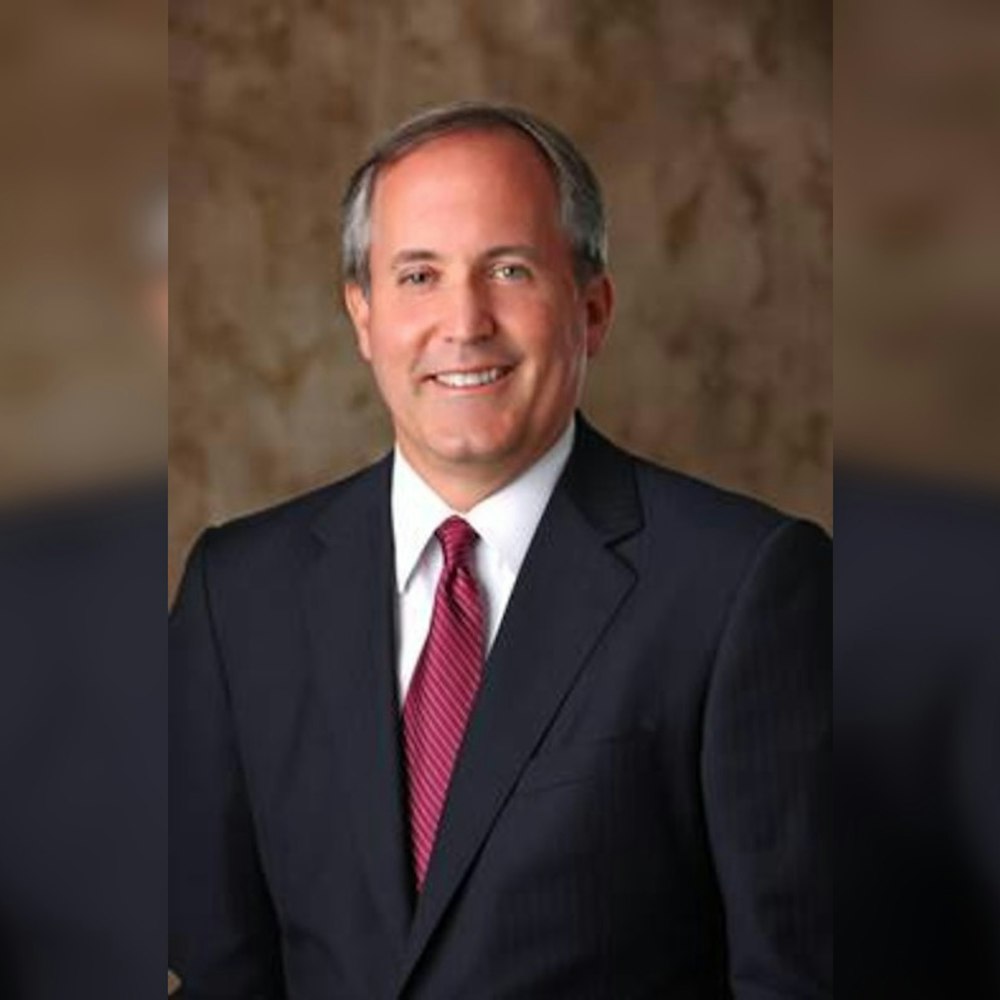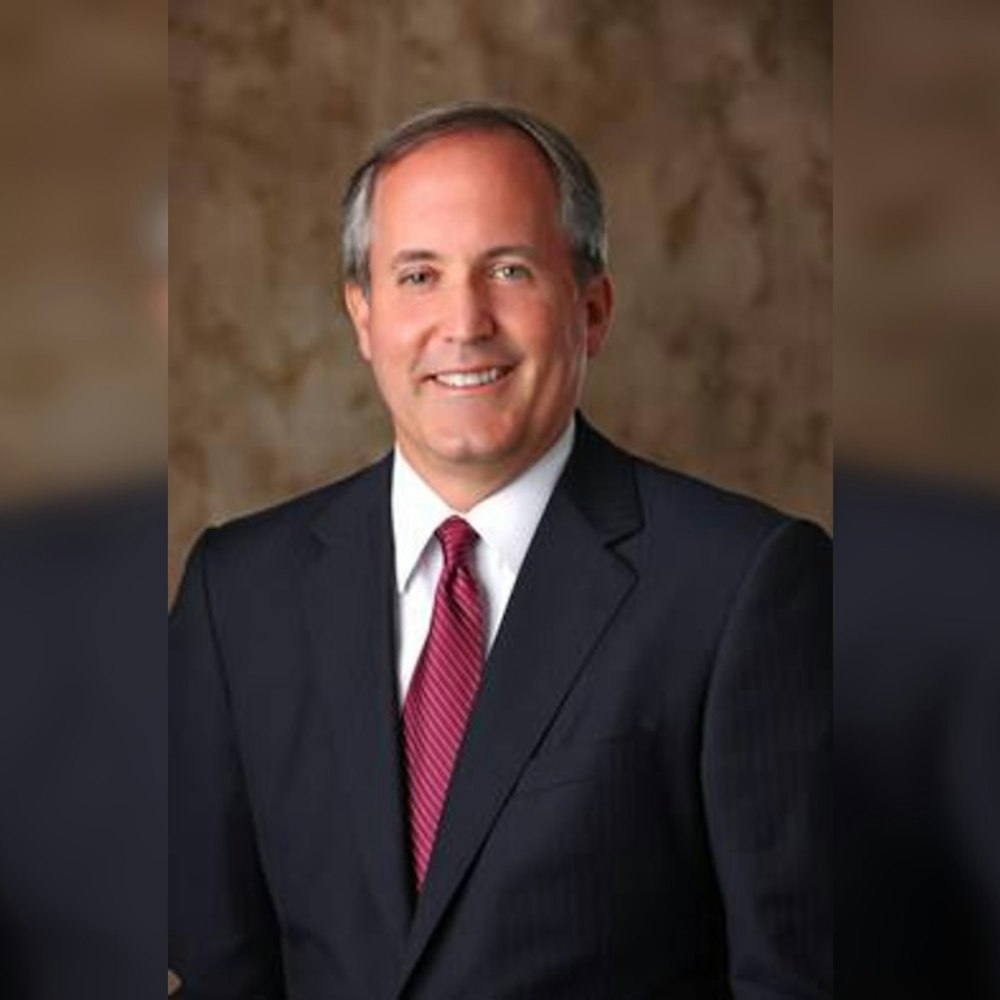
In an unprecedented move, the Cypress-Fairbanks Independent School District's board of trustees voted to strip away multiple chapters from various textbooks spanning subjects such as biology, environmental science, and health, citing the content as controversial. The lone opposing voice in the board's decision, Trustee Julie Hinaman, was overshadowed by the majority's push to revise educational materials to exclude conversations on climate change, vaccines, and diversity. This decision has left many parents and educators concerned about the integrity of the district's curriculum and the future of science education within the school system.
According to the Houston Chronicle, critics of the board's move are troubled about how this action will align with the Texas Essential Knowledge and Skills standards which the students are expected to meet. Debra Hill, with her 40 years of experience in science education, expressed her dismay over the board's decision to remove entire chapters, “It's like saying, ‘I'm going to take off the chapter on adding and subtracting, and we'll just skip ahead to multiplication.’” Hill further questioned the capacity of the district's diminished curriculum staff to craft replacements that would adequately cover the deleted material.
State Board of Education member Marisa Perez-Diaz shared these concerns, emphasizing that “Regardless of whether or not you think they're controversial, if there is a TEK tied to some of the content that you removed, now you put the school district… at risk of violating policy.” Her disappointment with the board's action was palpable, especially given the stringent review process that the textbooks originally underwent, which included the state board's majority conservative approval. The courses impacted include biology, health science, and earth systems—each now facing the challenge of teaching without the full breadth of information previously included.
The ideological leanings of the trustees who favored the removal have been questioned by community members and experts alike. Glenn Branch, deputy director of the National Center for Science Education, chastised the board for allowing ideology to override good science, stating in an interview with the Houston Chronicle, "It is not appropriate for a school board to impose its own values and ideas about what's good science and what isn't good science." Branch highlighted the importance of local engagement in school politics, particularly in a district like Cy-Fair ISD, which has historically had low voter turnout at board elections.
Meanwhile, some Cy-Fair ISD parents took their frustration to KHOU 11 News, questioning the district's ability to ensure that the forthcoming curricular resources will reflect a level of education consistent with both state standards and scientific robustness. The concerns resonate with a growing disquiet among educators that the removal might not only damage educational quality but also drive dedicated teachers away from the profession.
In the wake of these actions, the Cy-Fair ISD finds itself at the intersection of educational policy and a broader cultural and ideological conflict, one that may have serious implications for its students' preparedness in a facts-based global workforce, and the district's capability to retain quality educators in an increasingly contentious environment.
-1.webp?w=1000&h=1000&fit=crop&crop:edges)








